Guidelines on Quality of Refrigerant Used on Ships
A major quality concern with regard to refrigerants is their purity. The moisture content in the refrigerant is of great importance since too much moisture can cause serious operational problems. Water can enter a system through sub-quality refrigerants during top-up.
Excessive moisture in refrigeration systems may lead to the following conditions:
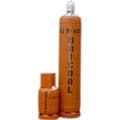
Freeze ups
Freeze ups occur when moisture picked up by the refrigerant starts to freeze, building ice crystals that block the refrigerant passage in narrow passageways, for example in the expansion valve. This effect is called intermittent cooling, as the compressor stops after a while due to the blockage in the expansion valve. It starts again when the ice crystals have melted and allow the refrigerant to pass through again. This is a periodical process of constant freezing and melting of the moisture inside the system, causing a high frequency of stop/start for the compressor.
Corrosion
Moisture can cause corrosion. However, moisture in combination with a HCFC refrigerant containing chlorine (like for example R-22 or R-409A) creates much more serious corrosion, as the chlorine hydrolyses with the water to form hydrochloric acid (HCl) which is aggressive to most metals. Heat adds significantly to the problem by accelerating the acid-forming process. For HFC refrigerants (like R-404A or R-407C), it is the polyolester oils that are very hygroscopic and may decompose at high temperatures forming hydrofluoric acid with the moisture which could be introduced to the system through a sub-standard refrigerant.
Sludge formation
Acid content inside a system can emulsify with the compressor oil to form an aggressive oil sludge that reduces lubrication properties. This can lead to serious compressor damage. Sludge can also cause a variety of other problems in a system, such as blockages of strainers, expansion valves and other tiny passages.
Quality
The problems listed above do not normally happen overnight, but build up over time if allowed to by incorrect refrigerant handling by the ship’s crew. A system breakdown is costly and time consuming, especially if it results in a loss of refrigerant charge. The system will be repaired and get back into operation, but the repair does not eliminate the cause of the problem. It is therefore vital that refrigerants comply with appropriate quality standards with regards to purity and composition.
As the prices for more environmentally friendly alternatives are higher than traditional refrigerants like R-22, R-401A or R-409A it is feared that there will be more cases in the future where local companies cut corners on quality and deliver partly full cylinders.
In order to assure trouble-free and safe operation of onboard refrigeration machinery, all Unicool refrigerants supplied by Wilhelmsen Ships Service throughout the world comply with the ARI 700-2006 standard that defines and benchmarks the purity and composition of these substances.
You may also like to read-Everything You Ever Wanted to Know About Container Refrigeration
Do you have info to share with us ? Suggest a correction
About Author
Marine Insight News Network is a premier source for up-to-date, comprehensive, and insightful coverage of the maritime industry. Dedicated to offering the latest news, trends, and analyses in shipping, marine technology, regulations, and global maritime affairs, Marine Insight News Network prides itself on delivering accurate, engaging, and relevant information.

About Author
Marine Insight News Network is a premier source for up-to-date, comprehensive, and insightful coverage of the maritime industry. Dedicated to offering the latest news, trends, and analyses in shipping, marine technology, regulations, and global maritime affairs, Marine Insight News Network prides itself on delivering accurate, engaging, and relevant information.
Latest Maritime law Articles You Would Like:
Latest News
- What are Logistics Risks?
- How Port and Terminal Operators Can Control Emissions?
- Minimum Quantity Commitment (MQC) and Liquidated Damages in Container Shipping: Concept and Relevance
- MARPOL (The International Convention for Prevention of Marine Pollution For Ships): The Ultimate Guide
- The Ultimate Shipping Container Dimensions Guide
- A Comprehensive Overview of IMDG Code for Shipping Dangerous Goods
Subscribe To Our Newsletters
By subscribing, you agree to our Privacy Policy and may receive occasional deal communications; you can unsubscribe anytime.







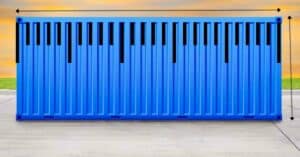
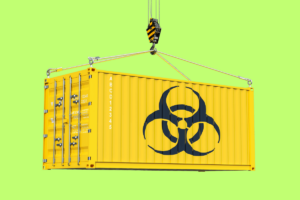





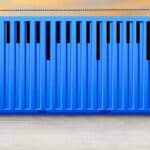
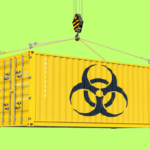
information is smart and interesting. Very efficiently written information. It will be helpful to everyone who will use it, including me.
how can we charge with exact amount of refrigerant of the hermitic type of compressor without refrigerant level sight glass and also we have no charging manifold onboard and vaccuum pump. is there any means on how to recover the refrigerant in the system if ever we used to repair it like for example by replacement of hermitic compressor in the refrigerant system.thank you and have a funtastic day ahead